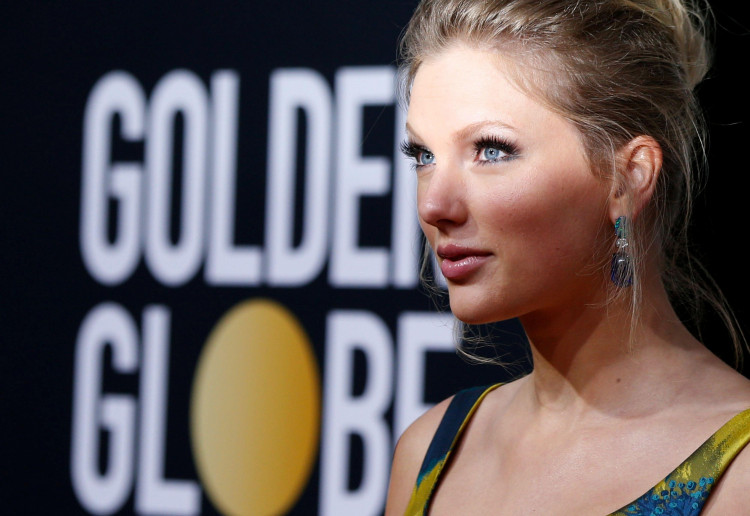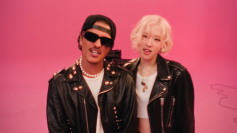In a peculiar blend of pop culture and politics, Taylor Swift has found herself at the center of an unusual conspiracy theory aired by Fox News host Jesse Watters. Watters suggested that the Pentagon had plans to use Swift as a psychological operations (psyop) asset to influence public opinion. This claim was quickly refuted by the Pentagon, adding a twist to the tale.
Watters, on his Fox News show, aired a clip featuring a woman supposedly from the Department of Defense discussing recruiting Swift as an asset for swaying public opinion. He linked Swift's recent political activism, including her push for voter registration, to this alleged government operation.
This conspiracy theory, however, was debunked by Pentagon spokesperson Sabrina Singh, who humorously dismissed it with a reference to Swift's song, stating, "as for this conspiracy theory, we are going to shake it off."
Is Taylor Swift a Pentagon PsyOp asset? pic.twitter.com/yHp8WywKh8 — Jesse Watters (@JesseBWatters) January 10, 2024
Singh's response was not only a lighthearted dismissal of the claim but also an opportunity to draw attention to the Pentagon's needs, including a request for Congress to approve their supplemental budget. This instance is an example of how celebrity culture can intersect unexpectedly with political narratives.
The theory was further discredited when it was revealed that the video Watters referenced was from a cybersecurity conference organized by NATO in 2019, not a Pentagon psyop unit. The speaker, Alicia Marie Bargar, then a research engineer at Johns Hopkins University, discussed social network analysis for countering false narratives online, not recruiting celebrities for psyops.
The story gained traction on social media, with entertainment account PopBase sharing the Pentagon's statement, and users commenting on Swift's influential status. Some users humorously noted Swift's power, while others expressed disbelief at the bizarre nature of the claim.
Whoopi Goldberg of "The View" also weighed in, criticizing the conspiracy theory. She highlighted the absurdity of focusing on such claims amidst real issues impacting Americans. Goldberg's co-host, Sunny Hostin, speculated on the possible disappointment of conservatives who might have initially thought Swift aligned with their political ideals, only to find her supporting liberal causes.
The episode serves as a reminder of how easily misinformation can spread and how celebrity status can become entangled in political narratives, even when based on unfounded claims. Swift's case also demonstrates the broader societal impact celebrities can have, influencing not just pop culture but also political discourse, albeit sometimes in unexpected and unfounded ways.






